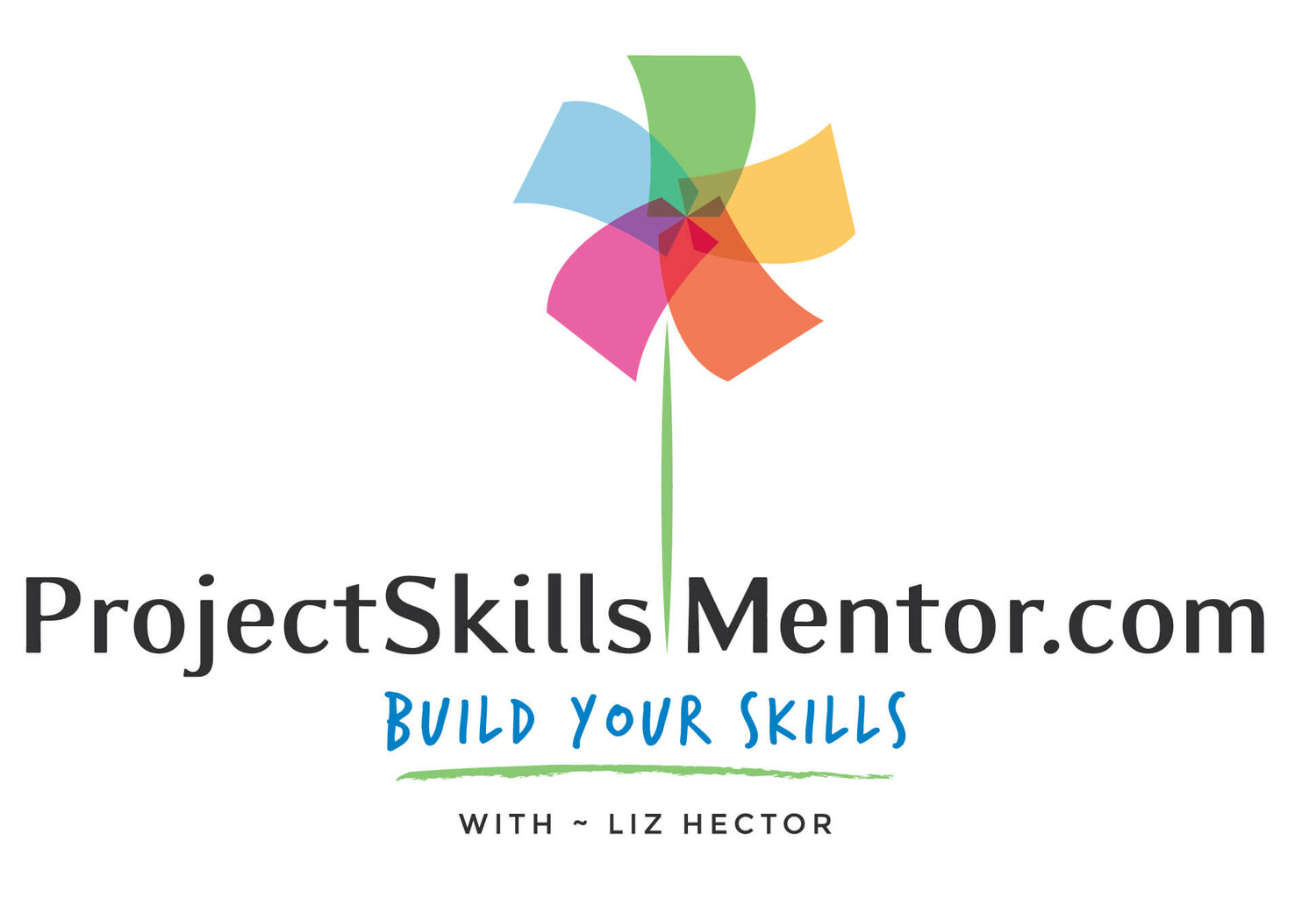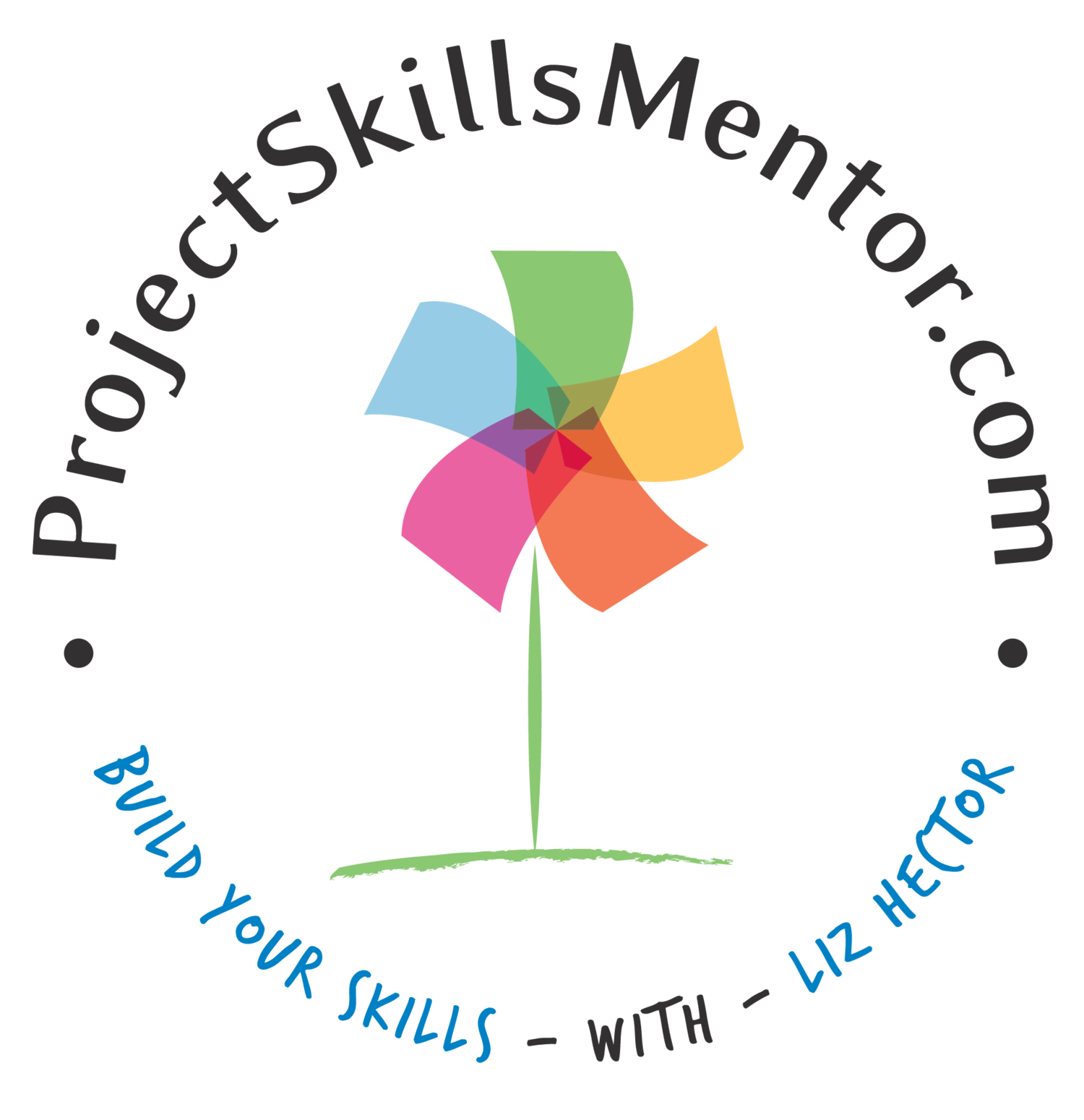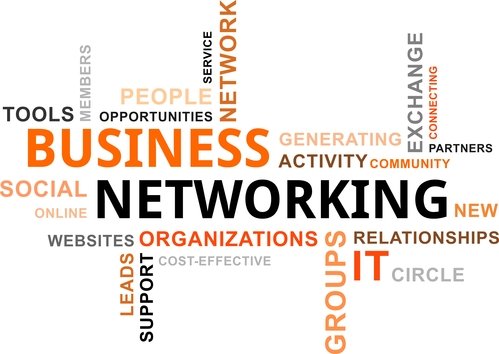How to Network
Do you feel like you have forgotten how to connect with others in the last few years? Networking is about making valuable connections for professional and personal growth, business relationships, or finding that next job. These connections can last for a short time or a lifetime.
But it can be hard to get 'back in the groove' of how to meet and connect with others. So let's review how to network and review some tips that can help you in the workplace, at events, and in professional organizations.
How Networking Increases Your Success:
Helps you be more approachable
Builds your confidence
Gives you access to ideas and information
Let's others know who you are
Creates valuable relationships
Making business connections are important. In a recent poll, 31% of people said they got their last job from a connection, and 83% of these connections were acquaintances (not close friends). While not everyone is looking for a job (and more on that later), the fact is, having good social connections help you be more successful.
"Your network is your net worth."
- Porter Gale
How to prepare to Network
How do you meet others, connect and create valuable relationships? As an adult, it's hard to meet others. We naturally are more reluctant to reach out to someone new in a business setting. But here are some things you can do to get started.
Know yourself
This point may seem strange, but knowing yourself is important if you want to connect with someone else. Knowing what's important to you, what you value, and interests you is important to share your interests and story with someone else.
Need some insights on how to get to know yourself? Check out this video.
People like meeting a positive person. So consider how to show positivity in words, body language, and actions. Remember, people are watching to see how you interact and treat others. So be kind, generous, and thoughtful, and you naturally attract positive people to yourself.
Plan ahead
When you go to an event, have a plan. Especially if you are alone, you will need to be ready to reach out and start a conversation. So know who's likely to be there (the types of people). Consider why you want to connect (what's in it for you and them). And plan for how you're going to meet people. Where you will stand (not near the music, you won't be able to hear anyone, maybe near the drinks or food since people will be ready to socialize. In smaller professional events, you can always ask to meet an organizer and, if appropriate, ask if there is someone to help introduce you to others in attendance.
Sharpen your Networking Skills
Like any skill, Networking is learned. Think of this as self mentorship to practice and train yourself to build these skills.
Say Hello
In a room full of people, it is easy to get overwhelmed. Start with one person. If you make eye contact, walk toward them with a smile.
Make a Statement:
"I didn't expect to see so many people."
"This expo has some amazing innovations."
"I really like this band."
Or ask a Question:
"Did you see the last presentation"
"Do you know anyone else here"
"Is this your first meeting"
Introduce yourself
After the initial comment and response. If the person is making eye contact and seems open, introduce yourself. Keep it simple.
"Hi, my name is ....".
Then let the other person introduce themself. You can follow up with something about yourself, your company, or your job role. Keep it short, and let the other person do the same.
Stay open and curious
Be yourself, relax; this isn't a test. And be curious about the other person - you've got the chance to learn something new from someone new. Continue the conversation by asking a follow-up question or starting a new topic. Look for common ground and show interest in your body language and eye contact.
"It's true that Networking works best when you have something to offer. But you do have something to offer. Sincere interest in the other person — even flattery or encouragement — is a form of generosity."
- Keith Ferrazzi, author of Never Eat Alone
Tell a Story
If the conversation is going well, they may want to know more about you. Be ready with a short story on your origin, why you are there, or something that interests you, depending on the direction of the conversation.
A short story can be told in 15-30 seconds and gives a brief insight into something about you, your interests, or something about the current setting. Keep it short and interesting. Storytelling makes information more accessible and memorable.
Need to work on your storytelling skills? Watch this video.
Smile and move on
If the conversation seems to wind down and there is no great connection. You can smile, say, "nice to have met you," shake hands and move on. Especially in larger meetings, it is not required to chat for hours. Meet and Greet circulation is expected and can be a way to connect with several people over time.
Connect and follow up
Alternatively, you may find common ground and shared interests. If that is the case, make sure you make a formal connection and exchange business cards, phone details, or LinkedIn profiles to keep the connection going.
Look for ways to follow up after the conversation. If you have an article you were discussing, share it. If they asked a question, follow up with details on references on the answer. If the other person sends you something, acknowledge it and thank them.
Moving forward, it pays to stay in touch. Greet the person if you see them at another event. Stay connected online too. People appreciate a LinkedIn response to a post. Add a comment if the post resonated. If they get a new job or have another life event - send kudos. This will help you stay connected over the years, even when you don’t have a chance to talk. Of course, you can also propose a coffee meet up, but have a reason and something to share to continue the conversation.
While networking connections don't have to be working relationships, they can be. Be open to connections that click at work, too.
Create new Connections in your Network
The power of social connections is in sharing them. People who connect with others are seen as more confident and powerful. In fact, connecting with others is a leadership skill you want to build. This can help you in leading a team or connecting stakeholders at work.
Connecting others is a great way to strengthen the professional bonds between your network connections and you. So look for shared interests, job roles, or work and introduce your connections to each other.
Ask for help and add value back
Asking for something in the first few minutes of meeting may not work. But after establishing a relationship, it is common to ask for information, help, or a small favor (including help finding a job or acting as a reference). It may be hard to do, but if you don't ask, you won't get. Don’t make it transactional, and do make it easy for the other person to say no or set boundaries. Ask politely and directly, and remember to thank them for any help you do get.
“Once you're consistently achieving results, your promotability comes down to relationships.”
-Amii Barnard-Bahn, HBR, Promotions Aren't Just About Your Skills – They're About Your Relationships
If you are asking about a position, share your resume or CV. Share your key skills, capabilities, and experiences with your contact.
If you are the receiving end of a request, do what you can to help. Networking connections are all about value-added professional relationships. So, use your hard and soft skills to build the relationship by sharing your skillset or helpful information. If you aren't sure what your skills are, you cannot leverage them. Build your skills as you build your connections. Want to know more? Watch this video and take the quiz.
If asked about a job, if you are not the hiring manager, you can also coach your contact on the company, the job, and who to talk with about applying. If you feel they are a good fit, you can put a good word in with the hiring manager.
Pay it forward
"Before you are a leader, success is all about growing yourself. When you become a leader, success is all about growing others."
- Jack Welch
Adding value to your Network can also include Mentoring. This is a powerful way to connect as a mentee or mentor. Working with someone in your Network will create a deeper working relationship and grow both of your skills. See more on how to start mentoring in this video.
People are social animals. We need connections to give us purpose and context in our lives. We want to be of value to others. Networking creates an extended ecosystem for your professional life. Life is more rewarding if you take the time to make and build these relationships.
I hope you found this information helpful if you did, please share it with others and if you think I missed something about Networking, or have a networking question, let me know.







